

Tao Te Ching

Science
Religions are more or less "scientific;" sciences are more or less "religious." In both fields, people are more or less true believers or skeptics.
Bertrand Russell said that, “Science is what you know, philosophy is what you don't know.” It seems more accurate to say though that science is for transforming what we don’t know into what we do know and that philosophy is a path for imagining the possible connections between the two and later trying to make sense of the results. Science arose as an alternative to faith and was quickly attacked as an evil seduction away from religion. In the early days, people taking a scientific path were ridiculed, persecuted, tortured, excommunicated, burned at the stake. Today, although obviously responsible for incredible advances in quality of life, medicine, technology, equality, and prosperity in general; science is still ridiculed, ignored, and disbelieved. Many don’t believe in evolution, climate change, or rationality preferring conspiracy theories, superstition, and political demagogues. Perhaps this disrespect and lack of appreciation results more from the fault of philosophy than of science itself.
Quotes (100)
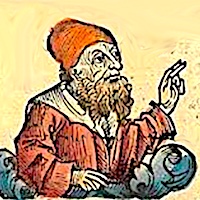
“When in exile and told that the Athenians had condemned him to death because of his blasphemous scientific theories, he replied 'Nature has long since condemned both them and me.'”
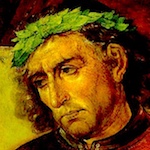
“
Happy the man, who, studying nature's laws,
Thro' known effects can trace the secret cause.”
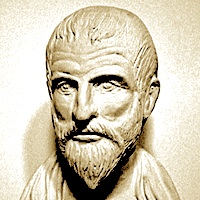
“Mathematics reminds you of the invisible form of the soul; she gives life to her own discoveries; she awakens the mind and purifies the intellect; she brings light to our intrinsic ideas; she abolishes oblivion and ignorance which are ours by birth.”
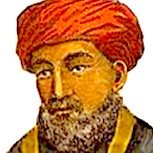
“Poetry, philosophy, and science are 3 different manifestations of the same spiritual force searching for the solution to the riddle of existence; science looking from the physical point of view, philosophy from the mental side, and poetry trying to penetrate the mystery with its vision.”

“Poetry, philosophy, and science are 3 different manifestations of the same spiritual force searching for the solution to the riddle of existence; science looking from the physical point of view, philosophy from the mental side, and poetry trying to penetrate the mystery with its vision.”
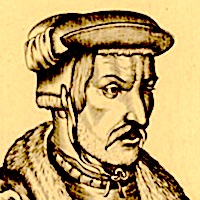
“Natural Magick is the chief power of all the natural Sciences; the top, perfection, and active part of Natural Philosophy; which by the assistance of natural forces and faculties, through their mutual & opportune application, performs those things that are above Human Reason.”

“We have been kept back from scientific progress by a kind of enchantment and reverence for antiquity, for the authority of those considered great in philosophy, and by general consent.”
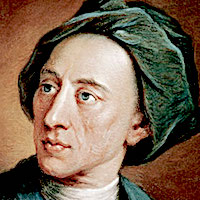
“Go, wondrous creature, mount where science guides.
Go, measure earth, weigh air, and state the tides;
Instruct the planets in what orbs to run,
Correct old Time, and regulate the sun;
Go, teach Eternal Wisdom how to rule,
Then drop into thyself and be a fool.”
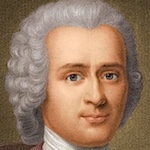
“Let me learn for once that nature would have preserved them from science as a mother snatches a dangerous weapon from the hands of her child.”
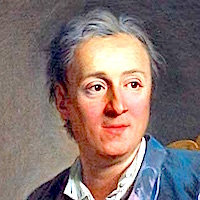
“All things must be examined, debated, investigated without exception and without regard for anyone's feelings.”
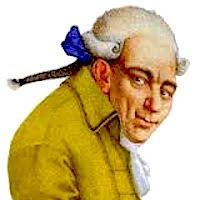
“There is no greater impediment to progress in the sciences than the desire to see it take place too quickly.”
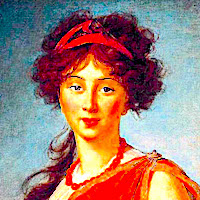
“Scientific progress makes moral progress a necessity; for if man’s power is increased, the checks that restrain him from abusing it must be strengthened.”
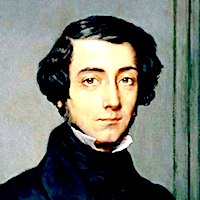
“Nothing is more necessary to the culture of the higher sciences, or of the more elevated departments of science, than meditation”
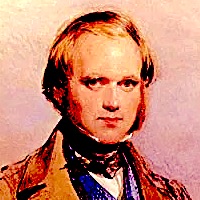
“Great is the power of steady misrepresentation; the history of science shows that fortunately this power does not long endure.”
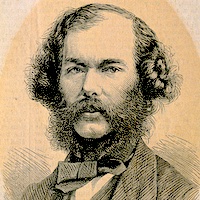
“In Science the paramount appeal is to the Intellect — its purpose being instruction; in Art, the paramount appeal is to the Emotions — its purpose being pleasure.”

“Science is properly more scrupulous than dogma. Dogma gives a charter to mistake, but the very breath of science is a contest with mistake and must keep the conscience alive. But Alas! The scientific conscience had got into the debasing company of money obligation and selfish respects.”
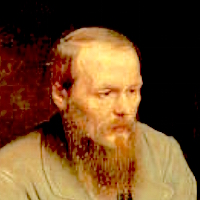
“They have science; but in science there is nothing but what is subject to the senses.”

“With a cruel analysis that focused on the parts but overlooked the whole, science and intellectuals have left nothing of all that was sacred of old.”
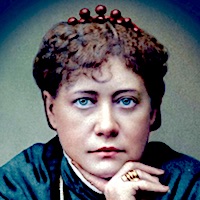
“by combining science with religion, the existence of God and immortality of man's spirit may be demonstrated.”
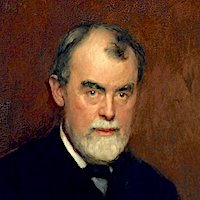
“the future depends on the present, and the present depends upon the past, and the past is unalterable... the more the past and present are known, the more the future can be predicted... this is the foundation on which morality and science are built.”
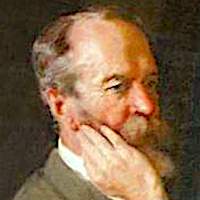
“Science, like life, feeds on its own decay. New facts burst old rules; then newly divined conceptions bind old and new together into a reconciling law.”
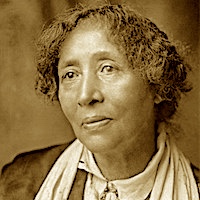
“Anarchism is the usher of science — the master of ceremonies to all forms of truth. It would remove all barriers between the human being and natural development.”
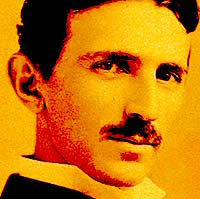
“The scientists of today think deeply instead of clearly. One must be sane to think clearly, but one can think deeply and be quite insane.”

“The day science begins to study non-physical phenomena, it will make more progress in one decade than in all the previous centuries of its existence.”
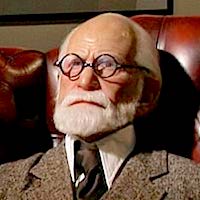
“Science is no illusion. But it would be an illusion to think that we can get elsewhere what science cannot give.”
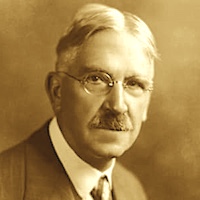
“The more we multiply means, the less certain and general is the use we are able to make of them... the entire problem is one of the development of science and its application to life”
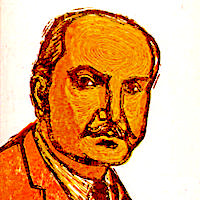
“If all the arts aspire to the condition of music, all the sciences aspire to the condition of mathematics.”
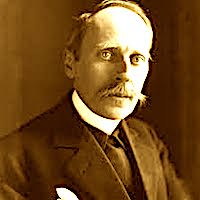
“Discussion is impossible with someone who claims not to seek the truth, but already to possess it.”
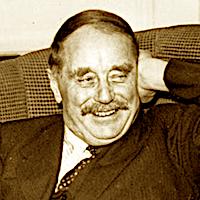
“The incuriousness—the complete absence of science—of the Roman rich and the Roman rulers was more massive and monumental even than their architecture... Rome was content to feast, exact, grow rich, and watch its' gladiatorial shows without the slightest attempt to learn anything of India, China, Persia, Buddha or Zoroaster...”
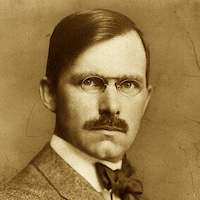
“I have always had especial hope of those who study the sciences: they ask such intimate questions of nature. Theology possess a vain-gloriousness which places its faith in human theories; but science, at its best, is humble before nature herself. It has no thesis to defend: it is content to knell upon the earth”
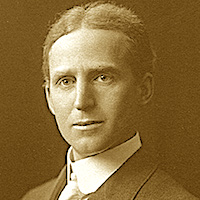
“Technological civilization... rests fundamentally on power-driven machinery... science in all its branches - physics, chemistry, biology, and psychology - is the servant and upholder of this system.”

“Science is an invaluable tool but only clouds our insight when it claims to being the one and only way of understanding.”
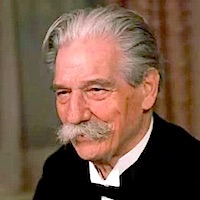
“Because we lack [superhuman reason], the conquests of science and technology become a mortal danger to us rather than a blessing.”
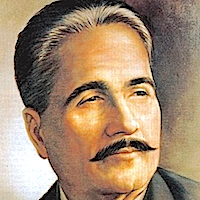
“In view of its function, religion stands in greater need of a rational foundation of its ultimate principles than even the dogmas of science.”
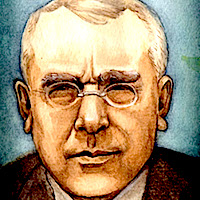
“Psychology is sometimes called a new science. This is quite wrong. Psychology is, perhaps, the oldest science, and, unfortunately, in its most essential features a forgotten science.”

“The most beautiful experience we can have is the mysterious. It is the fundamental emotion which stands at the cradle of true art and true science. Whoever does not know it and can no longer wonder, no longer marvel is as good as dead.”
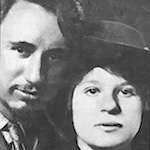
“Greek religion paved the way for philosophy by emphasizing Fate which became the idea of law, a force more powerful than personal fiat creating the fundamental difference between mythology and science.”

“Progress in knowledge, science, comforts, and power is only progress in means; if there is no improvement in ends, purposes, or desires, progress is a delusion.”

“Every science begins as philosophy and ends as art... Philosophy accepts the hard and hazardous task of dealing with problems not yet open to the methods of science—good and evil, beauty and ugliness, order and freedom, life and death. When the inquiry yields knowledge susceptible of exact formulation, it is called science.”
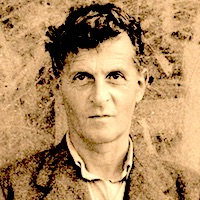
“Man has to awaken to wonder — and so perhaps do peoples. Science is a way of sending him to sleep again.”
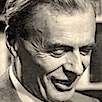
“It is only by making psychological and moral experiments that we an discover the intimate nature of mind and its potentialities.”
 “It isn’t only art that is incompatible with happiness, it’s also science. Science is dangerous, we have to keep it most carefully chained and muzzled. ”
“It isn’t only art that is incompatible with happiness, it’s also science. Science is dangerous, we have to keep it most carefully chained and muzzled. ”
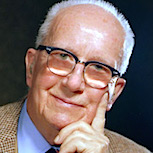
“Only the free-wheeling artist-explorer, non-academic, scientist-philosopher, mechanic, economist-poet who has never waited for patron-starting and accrediting of his co-ordinate capabilities holds the prime initiative today.”

“Neither your gods, nor your science can save you, can bring you psychological certainty; and you have to accept that you can trust in absolutely nothing.”
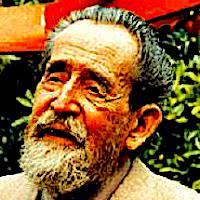
“Every applied science becomes an art whenever the element of individual interpretation enters in. The more predominant it is, the more trurly is an art—an interpretative art.”
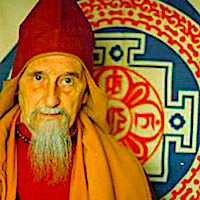
“science itself contradicts the laws on which it was founded, and shows us that what appeared as infallible logic, or an incontrovertible law of cause and effect, is only one of the possible ways of thinking... and that there is another way which we have not even started to explore: the synchronicity of events”
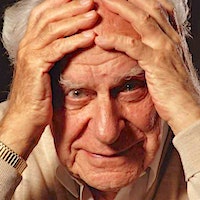
“Our aim as scientists is objective truth; more truth, more interesting truth, more intelligible truth. We cannot reasonably aim at certainty. Once we realize that human knowledge is fallible, we realize also that we can never be completely certain that we have not made a mistake.”

“If a given science accidentally reached its goal, this would by no means stop the workers in the field, who would be driven past their goal by the sheer momentum of the illusion of unlimited progress.”

“Science can do everything except lead us out of the dark wood of a meaningless, purposeless, 'accidental' existence.”
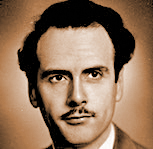
“War is the principle motivational force for the development of science at every level... all the significant discoveries about the natural world have been inspired by the real or imaginary military necessities of their epochs... war has always provided the basic incentive.”
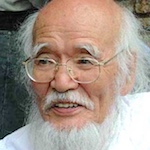
“Look at today's scientists who have become the palanquin bearers of rampaging science. They dance about wildly, drunk on the sound of the words, 'high technology.'”
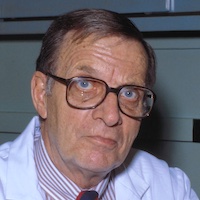
“Science is founded on uncertainty. Each time we learn something new and surprising, the astonishment comes with the realization that we were wrong before.”

“Western civilization is the poorer for having abandoned magic in favor of treating the universe like a piece of clockwork as Newton did”

“A scientific testing method that takes all relevant factors into account is an impossibility... each researcher seeing just one part of the infinite array of natural factors... Before researchers become researchers, they should become philosophers.”

“Natural farming is a method that actually goes a step beyond science... Science never does any more than mimic a virtual image of nature that exists only in the human mind, what it grasps is only an incomplete and inferior imitation of the real thing”
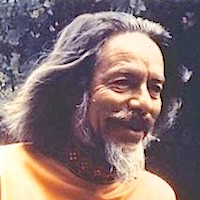
“If science is to become our way of liberation, its theoretical view must be translated into feeling... Western science must have its own yoga, and some outgrowth of psychotherapy is the natural candidate”
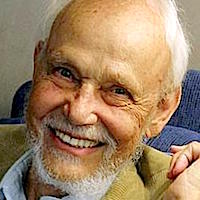
“Science and spirituality will become allies, and human beings will realize a vast potentiality now only dimly felt.”
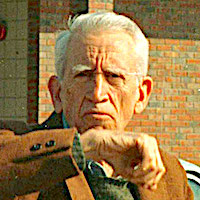
“Isn't the true poet or painter a seer? Isn't he, actually, the only seer we have on earth? Most apparently not the scientist, most emphatically not the psychiatrist.”
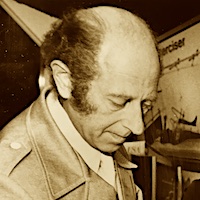
“This verse celebrates the relativity of reality, thereby aligning itself with modern science, especially Einstein's theory of relativity.”

“the discovery of inertia and momentum is the greatest insight of western civilization.”
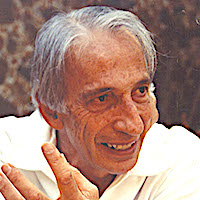
“A cosmic struggle among ever more complex forms of life has become the anthropic foundational myth of the scientific age.”
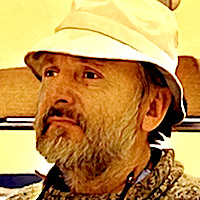
“The real purpose of the scientific method is to make sure nature hasn’t misled you into thinking you know something you actually don’t know.”
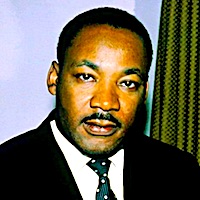
“Science investigates; religion interprets. Science gives man knowledge, which is power; religion gives man wisdom, which is control. Science deals mainly with facts; religion deals mainly with values. The two are not rivals.”

“Science is not always positive. How many lives were lost from nuclear weapons, and how much energy was lost that could have gone toward the development of countries instead of their destruction? It is unnecessary to believe in developing only in a scientific way. It is also unnecessary to be against the idea of a spiritual path, because those who follow a spiritual path and develop spiritual qualities can help to create peace in the world.”
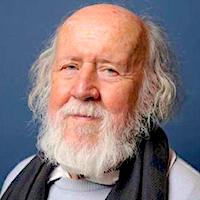
“In science, as elsewhere… fashions of the moment, the weight of institutions, and authoritarianism are always to be feared.”
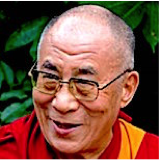
“When science clearly contradicts Buddhist beliefs, and it is proven, we must reject the earlier beliefs. The Buddha himself made it clear that the final decision for every person must come through investigation and experiment, not by relying solely on religious texts.”
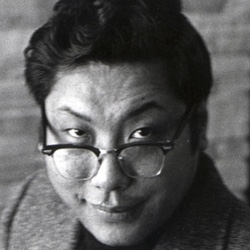
“The science of politics should be regarded as great good news since it deepens the student's insight and renders his action skillful... To acquire the ability to bring about a good future situation, it is absolutely necessary to study and science of politics and become a skillful politician.”
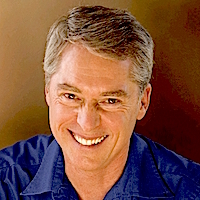
“Buddhists seek to replicate in their own experience the spiritual awakening of the Buddha, while scientists seek to make unprecedented advances in the pursuit of objective knowledge.”
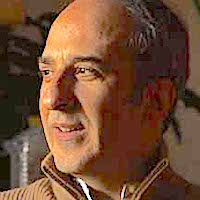
“the excruciating ache of the awakening love for wisdom… the sacred origin not just of religion but also everything else, of science, technology, education, law, medicine, logic architecture, ordinary daily life”
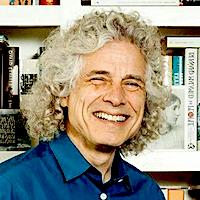
“Our ancestors replaced dogma, tradition and authority with reason, debate and institutions of truth-seeking. They replaced superstition and magic with science.”
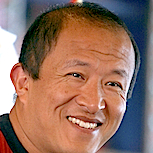
“Like an adult no longer interested in children’s games… you lose interest in all the trappings and beliefs that society builds up and tears down — political systems, science and technology, global economy, free society…”
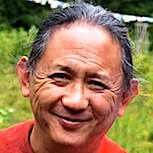
“Until now, capitalism has pirated science and technology... In the 21st century, we should be able to use science and technology to create a waste-free, sustainable world for humans, animals, and plants. This is the highest, and as yet undiscovered, aspiration for science and technology.”
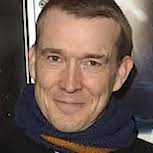
“Science, like a general, is identifying its enemies: received wisdom and untested assumptions; superstition and quackery; the tyrants' fear of educated commoners; and , most pernicious of all, man's fondness for fooling himself.”

“Science itself is in the early stages of becoming sentient... the days are coming when science shall transform what it is to be a human being.”
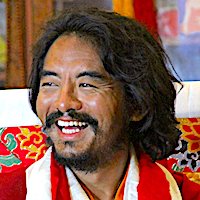
“Modern science—specifically quantum physics and neuroscience—offers an approach to wisdom in terms that are at once more acceptable and more specifically demonstrable to people living in the 21st century than are the Buddhist insigns into the nature of reality gained through subjective analysis.”
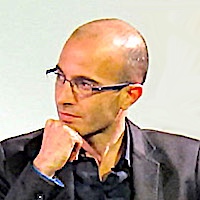
“the mark of science is the willingness to admit failure and try a different tack. That's why scientists learn how to grow better crops and make better medicines, whereas priests and gurus learn only how to make better excuses... why the entire world has increasingly become a single civilization.”
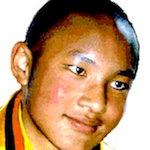
“We expect science to save us from ourselves... we are following science and technology with even more blind faith than the blind faith with which people used to follow religions.”
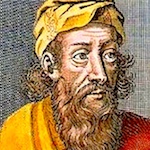
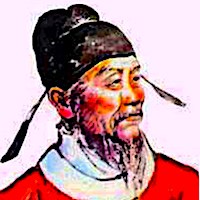
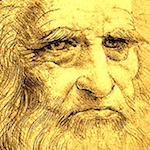
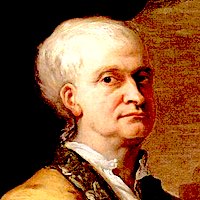
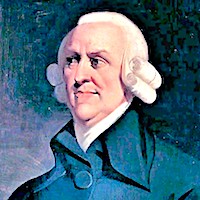
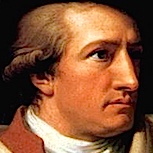
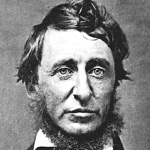
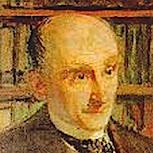

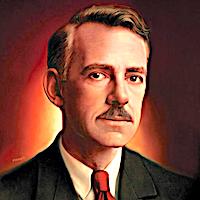

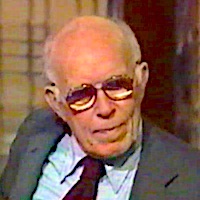
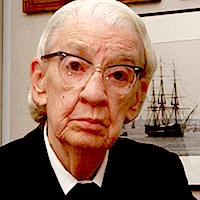
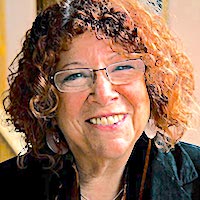
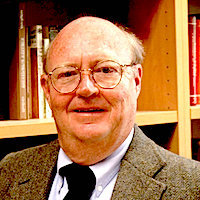
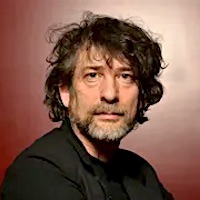

Comments (0)